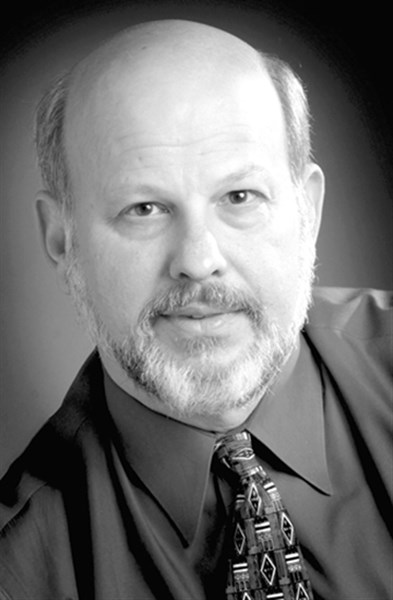Charlie Mitchell – syndicated columnist 6/16/2015
Published 12:00 am Tuesday, June 16, 2015

Charlie Mitchell Syndicated Columnist
OXFORD — The White House Council of Economic Advisers says Mississippi is leaving $1.38 billion cash money on the table.
How so?
By continued resistance to Obamacare.
Trending
A couple of points at the outset.
First, let’s divorce ourselves, at least for a minute, from thinking about doctors as humanitarians. Hospitals are, in fact, places that cute little babies are born, fearsome diseases are cured and comfort is given those whose time has come. But let’s think of them same as malt shops or car dealerships — as sellers of goods and services.
Collectively, the income of health care providers was $9,255 per person in 2013. That translates to $28 billion in Mississippi, $2.9 trillion in America. Said another way, doctors, dentists, nurses, pharmacies, clinics and such constitute a big chunk of the economy.
Second point: How reliable is the White House number? Let’s answer this way: The five economic advisers not only believe in the president’s programs, they consistently provide supporting math. That’s their job. Likewise, it should be no surprise that Mississippi Gov. Phil Bryant, who said the new report didn’t change his opposition to Obamacare a bit, has advisers, too. Their contention is that what’s properly called the Affordable Care Act will bankrupt the state.
Now that we’ve established (1) health services are big business and (2) that “partisan math” is alive and well, let’s press on.
The starting place for any conversation about universal health care should be the will of the American people. That question has been answered. Time and again vast majorities have said that ability to pay should not be a barrier to seeing a doctor, to treatments, to medicines.
The discussion can get down in the weeds about waste. People differ on whether the wealthy “deserve” super care because they can pay for it while the rest must settle for what we can afford. But the basic question — access — has an answer. It is that people who need health care should get it, period. We believe that.
Trending
The next topic is, “Who pays?”
A compelling, nonpartisan number comes into play here.
It is this: Out-of-pocket dollars totaled 12 percent of health care spending in 2013.
That is, for about every dime individuals paid, “others” paid 90 cents. “Others” includes Medicare, Medicaid and private policies that people purchased.
What this illustrates, overall, is that the idea of sharing medical costs has been with us a while. That part’s not new. It’s well-accepted.
Obamacare was simply to bring everyone into the fold, to make health care “free” only by spreading that $9,255 per capita cost among (1) more people and (2) according to ability to pay.
Back when details of the ACA started trickling out, Mississippi Insurance Commissioner Mike Chaney described the federal legislation as a horrific mess. But, he said, the state would be best served by trying to make it work. He understood that the methodologies, the intricacies and the special interest carve-outs were complex, overly burdensome, perhaps even corrupt. Yet he has continued to believe the goals of increasing access and spreading the cost more evenly were worth the attempt.
But his colleagues in state government said no thanks, and, for a while, so did most others. Initially, a majority of states declined to expand Medicaid eligibility or create the exchanges that were part and parcel of federalizing a system of payments for health care.
But since then, more of our neighboring states have bitten the bullet. Even the Republican governors of Texas and Florida now agree with Chaney. Month by month, there are fewer naysayers. The law is still a mess, still questionable in legal terms and likely unsustainable, as designed, in financial terms, but more states are choosing to engage and try to make the founding purposes become reality.
The “good for your economy” argument has always been there. It’s merely been reinforced by the White House advisory group.
Admittedly, the numbers don’t mean much to those of us who think of health care as a service. Their impact — not insubstantial —is among the health care industrialists in Mississippi who prefer black ink to red.
To date, these people have not been vocal about the ACA-related cash not being collected in Mississippi. But a parallel and perhaps more trustworthy report has just identified us as one of only two states with a shrinking overall economy. Commerce is on the decline only in Mississippi and Alaska. It needs a shot (sorry) in the arm.
The silence of “providers” may not last much longer. $1.38 billion? That would help.
(Charlie Mitchell is a Mississippi journalist. Write to him at cmitchell43@yahoo.com.)






